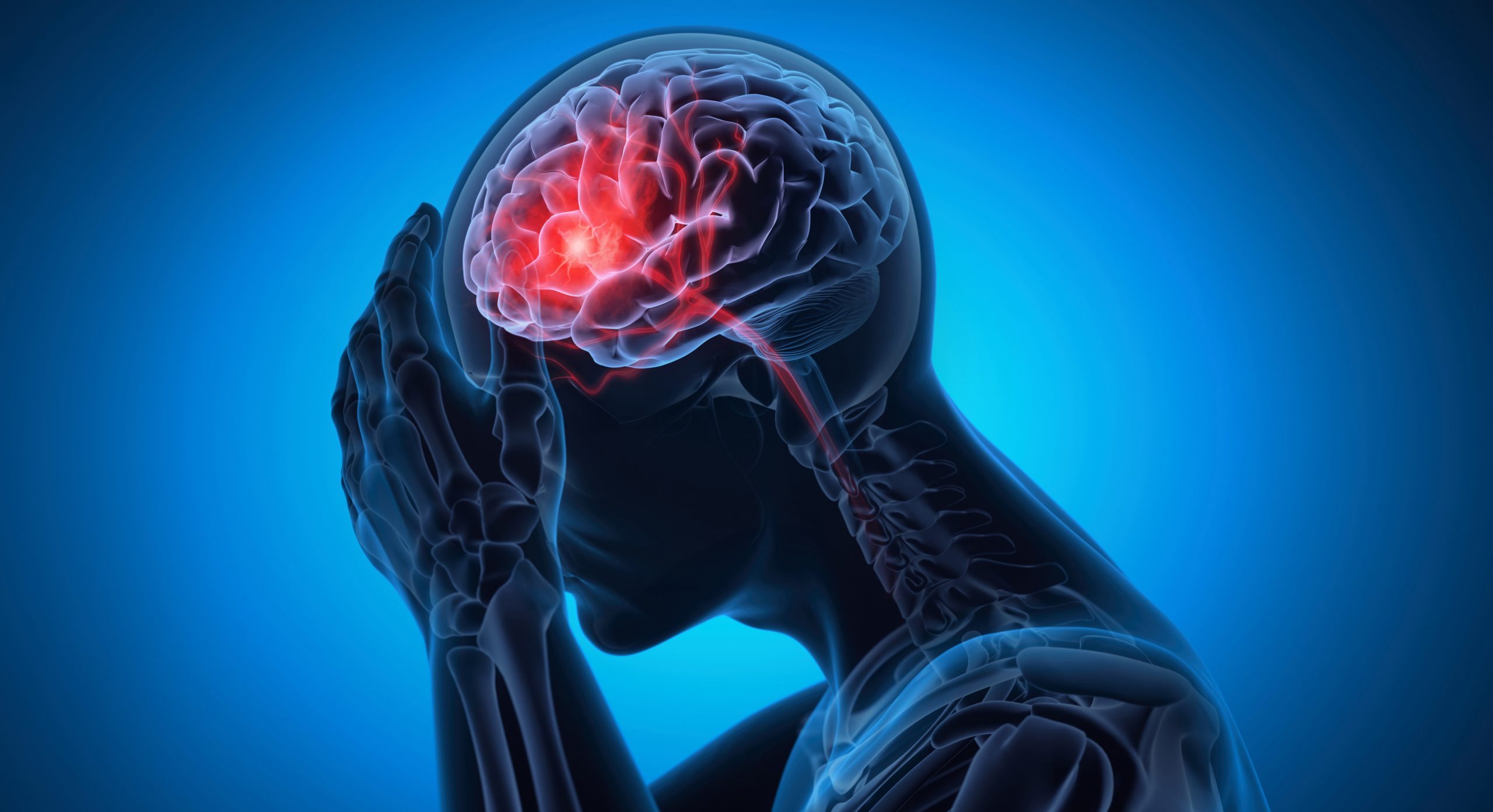Time is Brain: Know When to Act FAST

Have you heard the expression “time is brain” and wondered what it means? It’s a medical phrase that emphasizes the importance of rapid treatment for stroke patients. A stroke – also known as a brain attack – occurs when the blood supply to the brain is disrupted. This deprives the brain of oxygen and nutrients causing brain cells to die. The American Heart Association reports that for every minute a stroke is untreated, 1.9 million brain cells die. According to the World Health Organization (WHO) each year 15 million people worldwide suffer a stroke and REMSA Health paramedics and EMTs responded to an average of six stroke-related call per day in Washoe County. Strokes can be fatal or result in long-term disability. As the fifth leading cause of death in the United States, you may find yourself needing to recognize the warning signs and knowing how to respond – keep reading for lifesaving information.
An easy way to remember the symptoms of a stroke is the acronym F.A.S.T. – a helpful tool that can be used to quickly identify the three most common indicators of a stroke (Face, Arms, Speech, Time) and what to do if you suspect a stroke.
- F= Face Drooping. Does one side of the face droop or is it numb?
- A= Arm Weakness. Is one arm weak or numb?
- S= Speech Difficulty. Is speech slurred or not making sense?
- T= Time to Call 911. If you notice any of these signs, it’s time to call for help.
Other symptoms may include confusion, trouble seeing, loss of balance, or a severe headache with no known cause. If you suspect you or someone else is suffering from a stroke, you should call 9-1-1 immediately.
The American Heart Association reported that nearly 80% of strokes can be prevented. While factors like age and genetics can’t be changed, prioritizing a healthy lifestyle and managing risk factors can lower the chances of having a stroke. Regular exercise, a healthy, balanced diet, and maintaining a healthy weight are encouraged as well as limiting alcohol intake and quitting smoking. Medical conditions such as high blood pressure, high cholesterol, and diabetes are major contributors of stroke. Work with your healthcare team to monitor these conditions, especially as you age, to catch any potential issues early on.
Recovery from a stroke is possible although the extent of recovery varies depending on the individual and the severity of the stroke. Visit your healthcare provider annually for regular checkups. Being proactive and maintaining your overall health is the best way to reduce your stroke risk.
